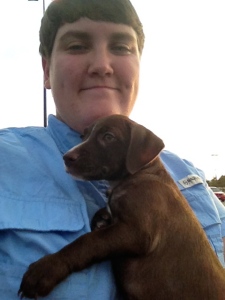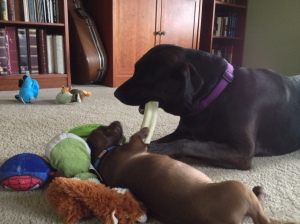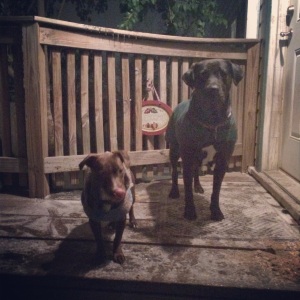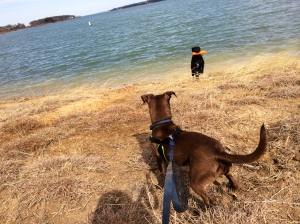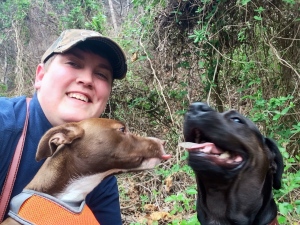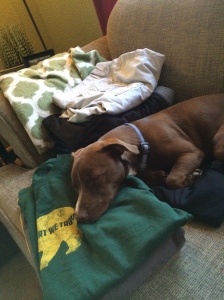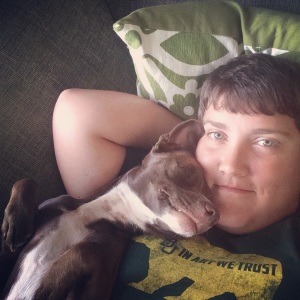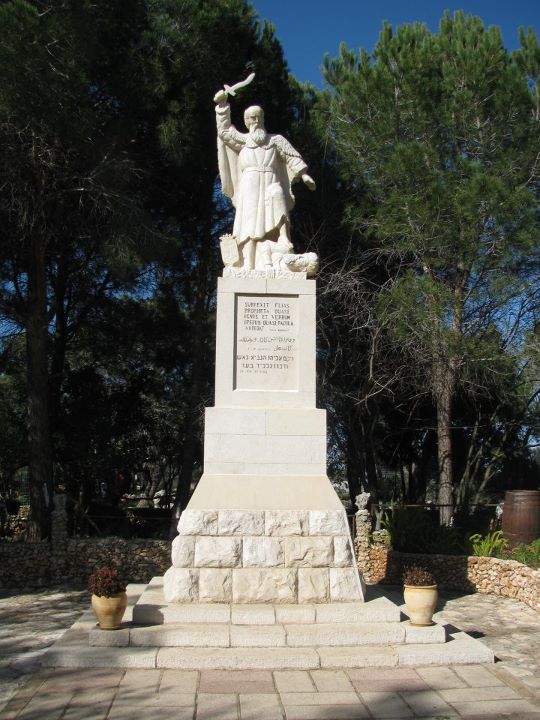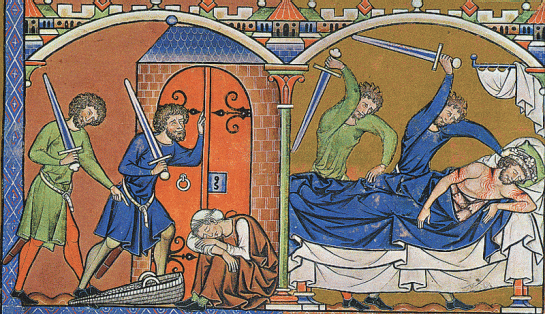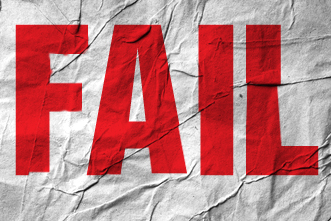
While I know there are many other stories than mine (which I have written here), and yours may be much different than mine and I know for many of you the stories may be more difficult and painful. I thought it helpful to consider these 8 responses to what to do when church leaders fail you:
1. Don’t demand something from the person who hurt you
We often think that someone who has hurt us OWES us something. They owe us an apology, a severance, a reinstatement of us back into our position, or a public confession of how they hurt us (even if it was a mistake and not a sin). This is not a reflection of Jesus who took upon Himself God’s penalty for our sins and mistakes. To portray Christ, we need to first see how He lived, that He desired above all things – repentance. Repentance is something that involves them and God first and foremost, as David said, “Against you, you only, have I sinned and done what is evil in your sight” (Psalm 51:4), even though he impregnated Bathsheba and murdered Uriah. Others were implicated in his sin, but He sinned first and most damnably against God. But remember, we also sin against people through rebellion and make mistakes through our own folly, so we need to seek repentance before God and experience His forgiveness and then if people are implicated in our sin, seek their forgiveness and restoration in our relationship with them because Jesus desires unity in His Church and most importantly, for us to “Love one another, just as I have loved you, you also are to love one another. By this all people will know that you are my disciples, if you have love for one another.”” (John 13:34-35). As Paul says in Colossians 3:12-13, “Put on then, as God’s chosen ones, holy and beloved, compassionate hearts, kindness, humility, meekness, and patience, bearing with one another and, if one has a complaint against another, forgiving each other; as the Lord has forgiven you, so you also must forgive.” We forgive, not because they have done anything to merit our forgiveness or to deserve our love, but because we put on the character of Christ as a new creation with new desires, with supernatural abilities to be exude kindness, humility, patience, and have compassion for people so as to be able to forgive people with the same veracity that God in Christ has forgiven us. And so our indignation is calmed and our vindication is made complete because of what Christ did for both my sin and their sin on the cross.
2. Don’t demand your own penalty upon that person
We can often feel vindicated by asking for them to step down from their position or even a public announcement of their sin and shame both maybe in public media fashion (as is the trend today with big digital “Christian” news and gossip blogs). As Paul states, “Love is patient and kind; love does not envy or boast; it is not arrogant or rude. It does not insist on its own way; it is not irritable or resentful; it does not rejoice at wrongdoing, but rejoices with the truth. Love bears all things, believes all things, hopes all things, endures all things. Love never ends” (1 Corinthians 13:4-8). As this is used in many wedding ceremonies for a husband and a wife, yet was actually intended as an admonition to the church in Corinth, imagine a healthy, loving, Godly marriage. They work through their problems because they are covenanted together, they love one another, and work for the good and unity of their marriage. So we are to fight for unity and oneness in the church because we are covenanted together as the body of Christ. I don’t seek the public humiliation of my fiancé, nor will I demand a public shaming of her when we are married, so why do we seek this form of humiliation upon those who love and serve us in leadership?
3. Receive grace
The gospel is that Jesus came to those who would murder Him to bring restoration between mankind and God. He laid Himself down, He humbled Himself, He sought the good of people, and to fulfill the will of the Father. He lived the perfect lives we could not live and died the death we deserved, so that He could bestow His righteousness upon us for our imperfect lives, and become the substitute dying in our place, bearing our sins in His death, so that we would then be resurrected with Him and He was raised from the dead. Those who believe in His name are empowered with the same Spirit of grace. When we sin or make a mistake, we don’t have to have fear to hide it, to be shamed by it, or to live in fear because of it. The ultimate wrath for our sin and shame was placed upon Jesus and we don’t bear that anymore. We bear consequences for our sins and mistakes, but we must first know and experience the grace of Christ and then we are free to accept responsibility, apologize when we have wronged someone, and seek restoration because we know that God desires peace among His people.
4. Give the grace Jesus gave
In this way we experience the Kingdom. Jesus came to inaugurate the coming of His kingdom. The miracles Jesus performed were His kingdom bursting through into the world showing us that there will be no blindness, physical ailment, pain, sickness, or even death. There will be plenty to nourish all, no worries about money, and we will have perfected relationships. This is how the kingdom of God penetrates this world. The church is the place and the people that God is using to do this in this world. It’s supposed to be weird, because it’s different. We turn the other cheek, give our tunic also, give to those who ask, not seek back what is stolen, and love when others hate us. Why? Because that’s the kingdom. In God’s kingdom there will be no one who strikes us, who steals from us, who begs from us, or who hate us. And this is how we portray what that kingdom looks like. Give grace to the one who hurts you, who, by their folly or sin, have a harsh impact on you and your family. The only way we can still seek vindication is if we have not first experienced the grace of Christ and let Him heal our hearts.
5. Don’t rally opposition or “recovery” relationships
When I was hurt, I would seek people who were also hurt by this church and its pastor, would have lunch with them, talk about our stories, and why they were the worse kind of people. We would celebrate their folly and revel in their struggling. I would feel justified and somewhat vindicated by doing this. I would publicly shame them in class when we would be talking about church discipline and would use any opportunity I could to simply point arrows over their walls and join others in doing so, in the name of “Recovery.” This isn’t how Christ desires for us to find healing and restoration. I don’t know of any teaching in scripture that says, “if restoration doesn’t work, blast them publicly and force repentance out of them by openly shaming them before unbelievers.”
6. Seek wise counsel if considering moving on, and move on graciously if you do
Really seek wisdom as to why you are deciding to leave a church. It is far too common in our day to leave a church and move on to another one, and often times for menial reasons. There are many stories of churches splitting or people leaving churches because of differences of opinion over which side the piano should be, if Adam and Eve should have had navels in the mural they painted on the wall and other such nonsense. There is much foolishness in the people. We need to meet with, wrestle with, and be open to hear from those who are wiser than us, not going to someone who will tell us what we want to hear and justify us in our indignation, but someone who will speak the truth in love with us, to ask us questions to make us think, consider, and contemplate our decision and ask them to pray with and for us through making this decision.
7. Pray for the good of the person and the ministry you are leaving
It is very difficult to hate someone and desire their destruction when we are praying for God’s heart for that person because Jesus loves them, He created them in His image and likeness, their identity is not in the sin they committed against you, but is found solely in Christ Jesus. When we pray for God’s bride, the Church, He makes it difficult for us to remain hateful and vindictive against His people because He loves His Church, imperfect as they are. If the church is preaching the gospel and faithfully teaches the Bible, pray for the church and the pastors who have hurt you, pray for their good, that God would work in and through them, that He would work to soften and mold their hearts to become more like Christ, and for Him to be made much of in that church if they are struggling to teach what accords with sound doctrine.
8. Continue to love Jesus AND the Church, His bride
When we have been hurt by the people and the institution that represents LORD that we believe in and worship, it remains difficult to associate the continuation of worship after we have the situation. If things get to the point where you’ve sought reconciliation, consulted wise counsel, prayed fervently over the person, the church, and the situation, and you come to the conclusion that you need to move on, I would encourage you to get plugged into a church that loves Jesus and preaches and teaches the Bible as soon as you can. Don’t dottle around, dating churches here and there, never landing anywhere, becoming one who has a “private faith” – this disconnects you from the body of Christ. This cultivates a heart of bitterness, strife, anger, and resentment making it all the more difficult to join another church body. It is very important to understand this last point: You will never find a perfect church, that will serve you perfectly, love you perfectly, and that will make no mistakes or hurt anyone. We are an imperfect people serving a perfect Saviour and we need to lean into Him, trust Him, find our solace in Him, and He will give us rest for our weary souls and help us to love the Church, His bride.



